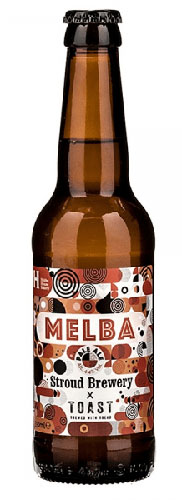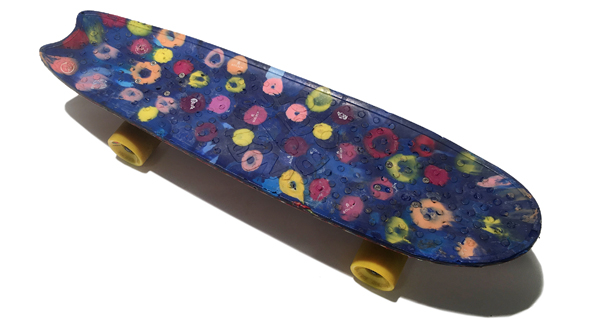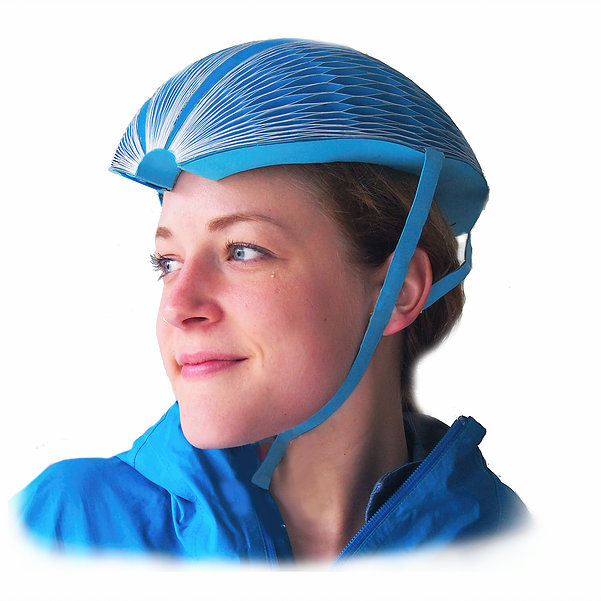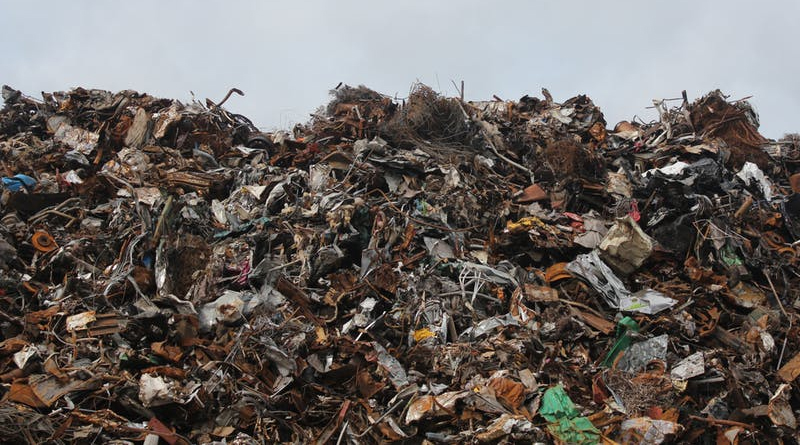CREATIVE WASTE REDUCTION
Today, countries are producing an estimated 2.12 billion tonnes of waste each year — and although this figure is already sky-high, it is expected to increase to 4 billion by 2100. With international authorities across the world only being able to achieve so much with the resources that they have, people around the planet are taking it into their own hands to help combat damage to the environment.
Toast Ale: Brewed with Bread
 Bread is one of the most popular food types people in the UK consume and is one of the most wasted household items. Although 12 million loaves are sold on a daily basis, 44% of bread is wasted, which has presented itself as a significant contributing factor to the epidemic food waste crisis here in Britain.
Bread is one of the most popular food types people in the UK consume and is one of the most wasted household items. Although 12 million loaves are sold on a daily basis, 44% of bread is wasted, which has presented itself as a significant contributing factor to the epidemic food waste crisis here in Britain.
In a bid to end food waste, Toast Ale has partnered up with bakeries to collect unsold loaves and unused crusts from sandwich makers to craft a fine beer, while donating all profits made to environmental charities.
Launched in 2016, the company’s products are now stocked across the UK and consists of a simple recipe which has made it a hit with those who enjoy an alcoholic beverage. Once the bread has been delivered to the team it is sliced and dried in the oven at around 90°C for an hour. It is then crushed into the size of croutons.
The ‘croutons’ or ‘grains’ are soaked in 15.7l of water at a temperature of 67°C and left covered for around one hour. The liquid is then drained and the grains are rinsed to remove any additional sugars and remove any tannin flavours.
The grains are then brought to a boil and 5g of German Hallertau Tradition is added to ensure the signature bitter taste. This can balance the caramel notes from the bread and the papaya and mango notes from the aroma that is added later.
Wasteboards
With the aim of helping people see the true value of plastic, a company in Amsterdam has thought of an innovative way to create skateboards, or what they refer to as, wasteboards, out of plastic bottle tops. An estimated 20,000 plastic bottles are produced every second and a lot of these end up in our oceans with devastating impacts on marine life.
 Wasteboards is building a sense of community spirit by teaming up with people to collect bottle tops from a range of events, schools and business – and the collectors can then get involved in the design process too.
Wasteboards is building a sense of community spirit by teaming up with people to collect bottle tops from a range of events, schools and business – and the collectors can then get involved in the design process too.
Each board is made by hand and the design doesn’t shy away from what they’re made from — which is part of the appeal to its main demographic; young people who want to do their part in saving the planet.
Bottle tops are collected from popular events across the city — or sometimes fished from Amsterdam canals by a professional plastic fishing company. After that, caps are placed in different positions within the mould to create a basis of the design.
The bottle tops are then baked in the mould; they melt in any direction, creating one-off wasteboards for every buyer. The special baking technique used allows the bottle tops to keep their original look and characteristics. After some time to cool off, the boards are then assembled and ready to be sold.
EcoHelmet
 The amount of paper sent to landfills each year could fill an estimated 103,000 double decker buses — but EcoHelmet is making it its mission to recycle paper and put it back into better use.
The amount of paper sent to landfills each year could fill an estimated 103,000 double decker buses — but EcoHelmet is making it its mission to recycle paper and put it back into better use.
Around 90% of cyclists do not wear helmets, which is ultimately putting them at risk. Based in New York City, EcoHelmet offers cyclists an inexpensive way of staying safe by using a folding helmet that can be recycled at the end of a person’s ride.
The helmet is made from 100% waterproof recycled paper and structured in a honeycomb pattern to ensure that all blows from falls or crashes are absorbed by the helmet. The beauty of the helmet is that you can fold it flat and that one size fits all.
Not only that, this helmet can be produced at a fraction of the price of regular helmets and still looks aesthetically pleasing. The helmet can be easily disposed of unlike other helmets. For example, it takes 500 years to break down styrofoam helmets and they never truly decompose, whereas can be recycled or composted.
FACT BOX:
wasteboards.com
toastale.com
ecohelmet.com
ABOUT THE AUTHOR
Amy Hodgetts is from Reconomy, which has a range of skips for hire to help businesses effectively dispose of their waste in a bid to reduce damaging environmental implications.

